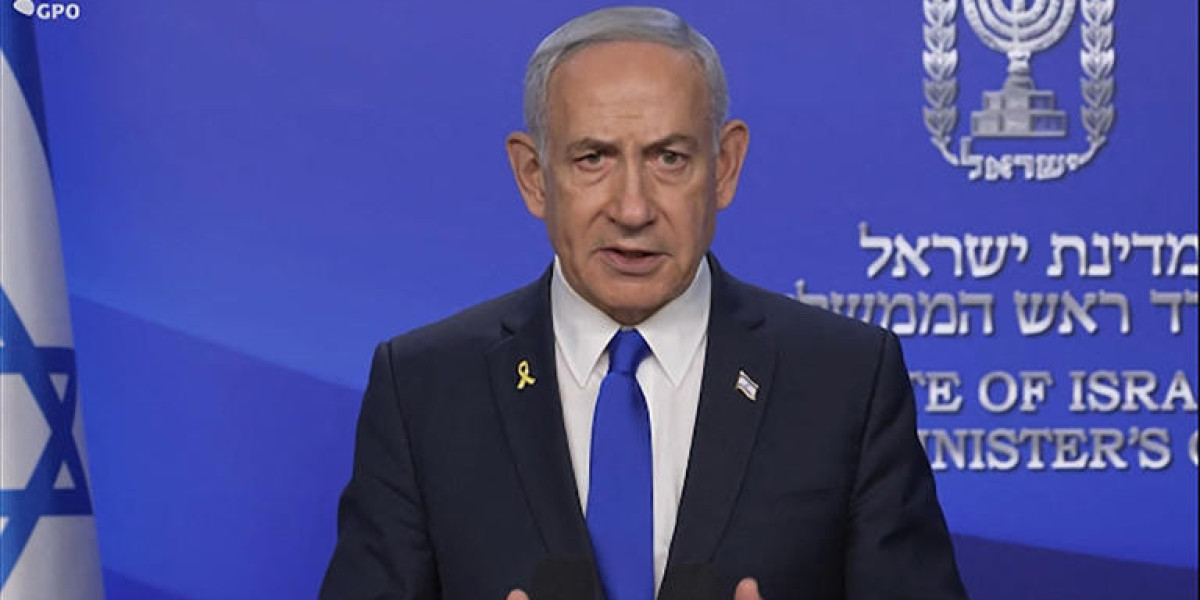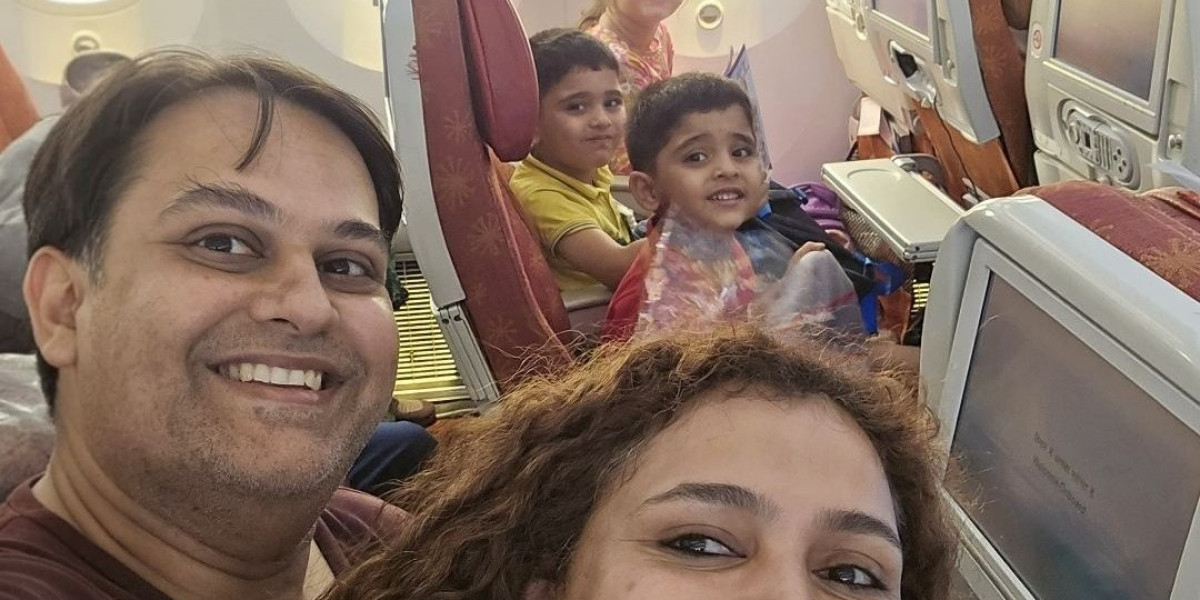Israeli strikes 'significantly escalating tensions' in both countries as Beijing's envoys tell its nationals to stay alert
The Chinese embassy in Israel warned its citizens on Friday morning to take safety precautions for potential attacks as Tehran considers a retaliation against Israeli strikes targeting its nuclear sites.
The Israeli strikes were "significantly escalating the tensions" in the Middle East, the embassy said in a statement that urged Chinese citizens in Israel to closely monitor the evolving situation, remain calm, and stay vigilant.
"Citizens are advised to prepare for potential attacks involving missiles, rockets, drones, or other threats, and to take comprehensive safety measures," the embassy said.
Do you have questions about the biggest topics and trends from around the world? Get the answers with SCMP Knowledge, our new platform of curated content with explainers, FAQs, analyses and infographics brought to you by our award-winning team.
A senior Iranian security official told Reuters that Iran's retaliation was being discussed at the highest level, and that Tehran was planning to give a "harsh and decisive" response.
The Chinese embassy in Tehran called Iran's latest security situation "severe and complicated" following Israel's military strikes early on Friday, while also warning its citizens and businesses to monitor the situation and take precautions.
"The ... embassy in Iran reminds Chinese citizens and businesses in the country to closely monitor the situation, enhance their safety awareness, and strengthen security measures," it said in a statement.
Israel said it launched a pre-emptive strike on Iran's nuclear programme and other military targets across the country. The scale of the attacks and extent of damage to Iran were not immediately known.
Speaking to journalists on condition of anonymity, an Israeli military official said the Iranian government was advancing a "secret programme" to develop nuclear weapons, had thousands of ballistic missiles, and had been distributing weapons and arms to proxy groups across the region.
The strikes have fuelled mounting concerns that the long-standing tensions between the two nations could escalate into a full-scale war involving the two most powerful militaries in the Middle East.
Israel said it was declaring a state of emergency in anticipation of a missile and drone strike by Tehran.
Israeli Prime Minister Benjamin Netanyahu has confirmed that Israel conducted strikes on nuclear targets in Iran, saying the operation was expected to continue for several days.
US Secretary of State Marco Rubio said that the United States was not involved in the strikes carried out by Israel against Iran. "Israel advised us that they believe this action was necessary for its self-defence," he said in a statement published on Friday.
Several Iranian nuclear scientists and high-level officials - including the commander-in-chief of the Islamic Revolutionary Guards Corps Hossein Salami were confirmed to have been killed in the opening strikes.
Mohammad Hossein Bagheri, chief of staff of the armed forces, who was initially reported to have died, is alive and operating from a military war room, according to Iranian state media.
A day before the attack, the International Atomic Energy Agency's board of governors passed a resolution declaring Iran's noncompliance with its nuclear safeguards obligations for the first time in nearly 20 years. China, Russia and Burkina Faso voted against the resolution.
The region has been increasingly alarmed over Iran's uranium enrichment activity, which has achieved 60 per cent purity - a major step towards weapons-grade material.
The attack unfolded as Washington and Tehran were slated to begin their sixth round of negotiations over the latter's nuclear activities on Saturday in Oman.
If an agreement were to be achieved, it could involve Washington easing some of its severe economic sanctions on Iran in exchange for it significantly reducing or halting its uranium enrichment activities.
Trita Parsi, executive vice-president of the Quincy Institute for Responsible Statecraft, said that the Israeli strikes risked derailing the Washington-Tehran talks.
"The immediate impact of these strikes is that they will derail talks, crucial time will be lost, and the Iranian position will harden - if diplomacy can even be revived at this point. This is probably the result the Israelis were looking for," he said.
"Trump's diplomacy with Iran was as much of a target here as Iran's nuclear programme," Parsi added.






